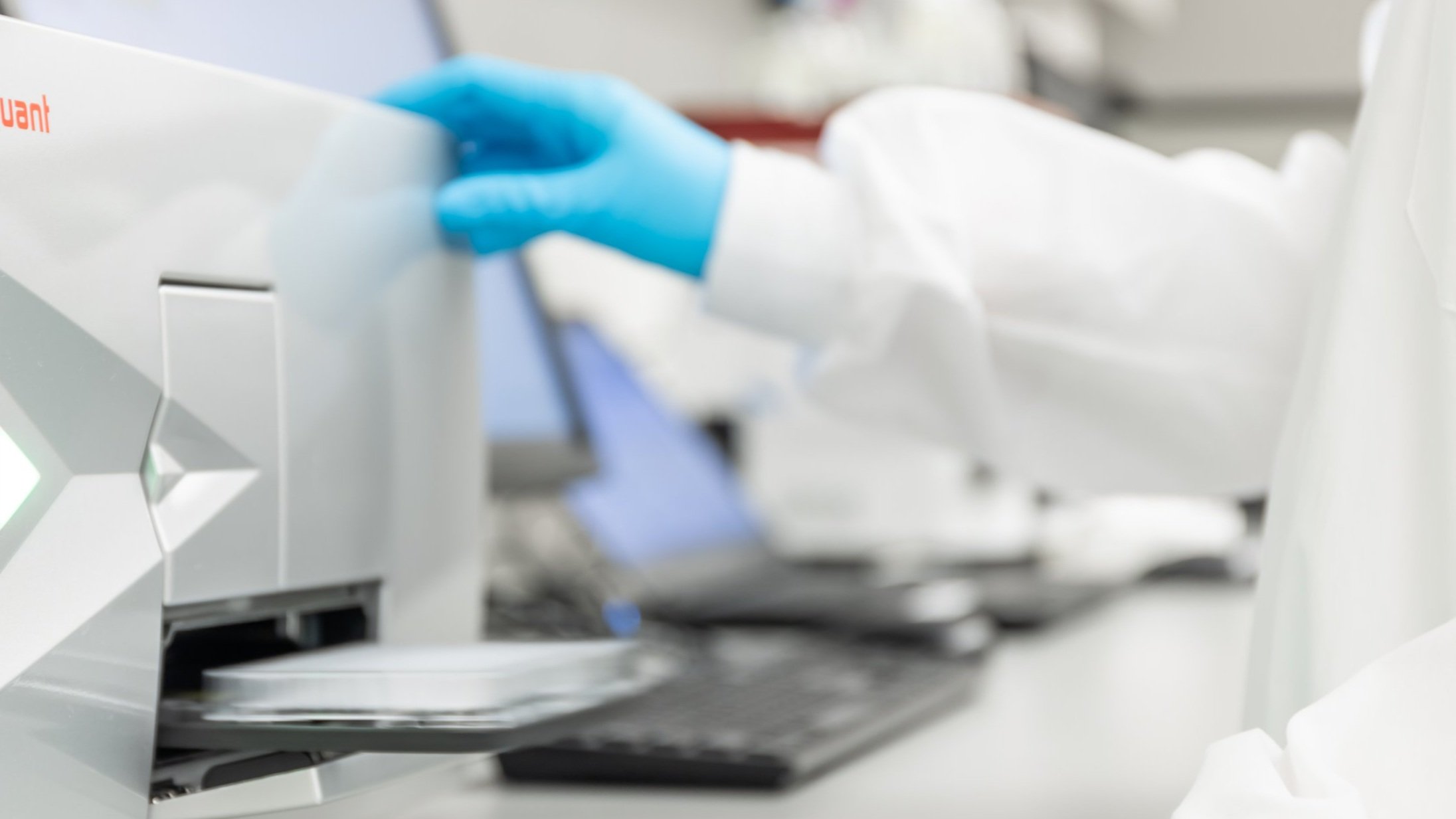Stable Cell Line Models
Scientists rely on a wide array of cells as experimental models for research
Stable cell lines are genetically modified cells that consistently express specific genes or proteins over long periods, making them essential in research, drug development, and biotechnology. They are widely used in in vitro human cell models for toxicology, immunology, and cancer pharmacogenomics to predict drug efficacy and uncover mechanisms behind drug response variability. Advanced cell models, such as luciferase-labeled, isogenic, neural progenitor, and solute transporter carrier cells, as well as next-generation models, ensure reproducible and verifiable research results.
-
Reporter cell lines are genetically engineered cells that produce measurable signals in response to certain biological events or conditions. These cells contain a reporter gene that encodes a detectable protein, like fluorescent or luminescent markers, connected to the relevant regulatory elements. Here's a brief summary:
Key Characteristics:
Genetic Engineering:
Reporter cell lines are engineered with a reporter gene attached to the regulatory sequences of a target gene. This arrangement enables the observation of gene activity or cellular functions by expressing a measurable marker.
Quantifiable Outputs:
The reporter gene produces a measurable signal, like fluorescence or luminescence, which can be detected through different assays. This signal indicates the activity of the regulatory sequences linked to the reporter.
Applications:
Gene Expression Studies
Drug Screening
Cell Signalling Research
Toxicology and Safety Testing
Pathogen Detection
Benefits:
Sensitivity: Provides a highly sensitive measure of biological activity or gene expression.
Versatility: Applicable to a wide range of research areas including gene regulation, drug discovery, and environmental testing.
Real-Time Monitoring: Allows for dynamic monitoring of cellular processes and responses in real-time.
Reporter cell lines are essential tools in modern biological research and drug discovery, delivering clear, quantifiable data on gene function, cellular processes, and the impact of various compounds.
-
Inducible cell lines refer to genetically engineered cells that facilitate the controlled expression of a target gene or protein in response to specific stimuli. These lines are designed with regulatory systems that can be turned on or off using an external inducer, thus providing precise control over gene expression. Here’s a brief summary:
Key Characteristics:
Controlled Gene Expression:
Inducible cell lines contain a genetic construct that allows for the regulation of target gene expression through an inducible system. Typical systems utilize inducers like tetracycline, doxycycline, or other small molecules to either activate or suppress gene expression.
Tunable Responses:
The level of gene expression can be precisely adjusted by modifying the concentration of the inducer, offering flexibility in the design of experiments.
Applications:
Gene Function Studies
Protein Production
Disease Modelling
Drug Screening
Functional Validation
Benefits:
Precision: Allows precise control over gene expression, reducing background noise and enhancing experimental accuracy.
Flexibility: Enables temporal regulation of gene expression, which is crucial for studying dynamic biological processes.
Scalability: Adaptable to a variety of research applications, from basic studies to advanced therapeutic research.
Inducible cell lines are essential tools for researchers aiming to control and investigate gene expression with high precision, providing deeper insights into gene function, protein interactions, and the effects of drugs.
-
We provide transgenic services such as:
Straight Gene Knock-out
Inducible Gene Knock-out
-
Our knock-in cell line product offers a powerful tool for researchers seeking to study gene function and protein interactions in a precise manner. These cell lines are engineered to incorporate specific genes or mutations into their genomic DNA, allowing for the observation of the effects of these modifications on cellular behavior and disease models. With customizable options, our knock-in cell lines can be tailored to meet your specific research needs, facilitating studies in areas such as gene expression, signaling pathways, and therapeutic target validation. This product provides an essential resource for advancing your research and understanding complex biological processes.
We provide transgenic services such as:
Reporter Gene Knock-in
Tag knockin
Loxp/FRT/tetO sequence knockin for gene regulation


